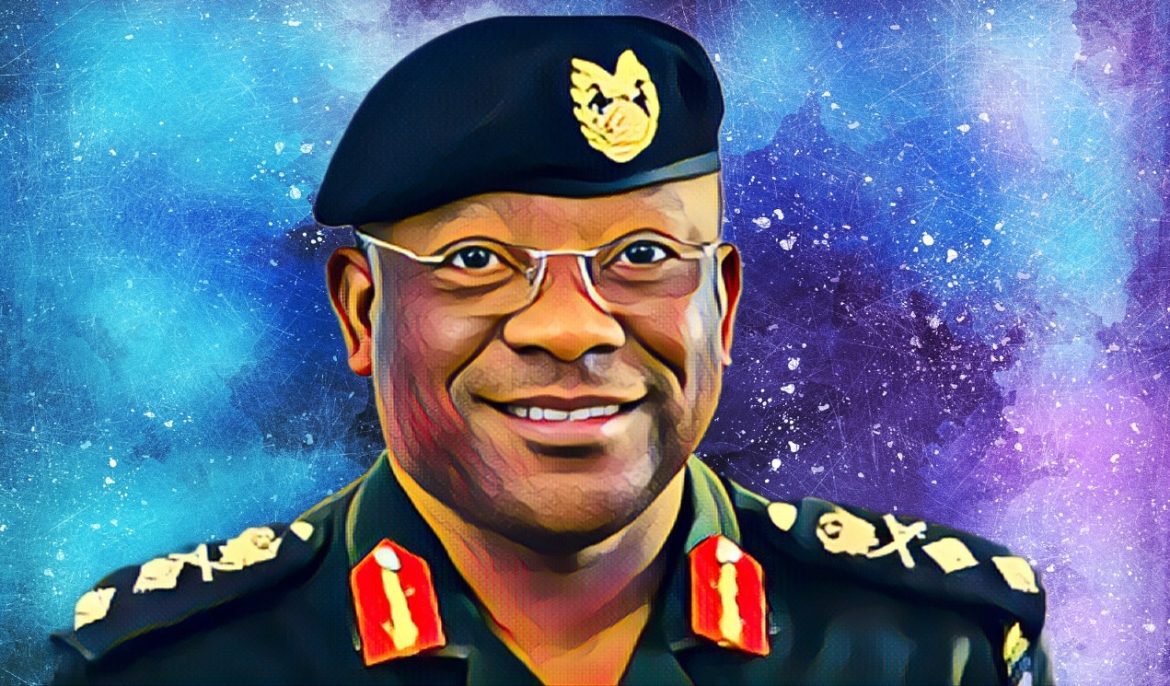The Chief of Defense Staff, Lieutenant General Thomas Oppong-Peprah, has firmly denied releasing the dismissal letter of Richard Jakpa, the third accused in the ongoing ambulance trial, to the Minister of Defense, Dominic Nitiwul. Oppong-Peprah clarified that he never received any request for the letter, making it impossible for him to explain how the Minister obtained the document.
During the trial, the Deputy Attorney-General, Alfred Tuah-Yeboah, introduced a letter purportedly written to dismiss Jakpa from the Ghana Armed Forces (GAF) in 2007. This letter was introduced as evidence while Tuah-Yeboah cross-examined Jakpa. According to the Deputy Attorney-General, the letter originated from the office of the Defense Minister and included allegations of misconduct and breaches of military protocols leading to Jakpa’s dismissal.
Jakpa’s lawyers objected to the tendering of the letter, questioning its relevance to the trial. However, the presiding judge, Justice Afia Serwah Asare-Botwe, admitted the document into evidence. She noted that the witness had already acknowledged the document and could speak to it, and that the cover letters were official documents and thus admissible to establish credibility or otherwise.
On Monday, July 29, during the hearing, the CDS was questioned by Jakpa’s lawyer about the release of the letter. Oppong-Peprah reiterated his stance, stating, “My lady, as the Chief of Defense Staff, I have never received any request to release any document to anybody. So I can’t answer to that.”
The dismissal letter of Richard Jakpa has become a focal point in the ambulance trial. Jakpa, along with other accused individuals, is being tried for alleged misconduct related to the use of state ambulances. The letter, purportedly signed in 2007, details accusations of misconduct and breaches of military protocols that led to his dismissal from the GAF. This document’s sudden appearance in court has raised questions about its origin and the processes involved in its retrieval and submission.
Lieutenant General Oppong-Peprah’s denial of releasing the letter highlights the complexities surrounding the case. The Defense Minister’s possession of the letter without a formal request to the CDS’s office has added a layer of intrigue and raised concerns about protocol breaches within the military and government communication channels.




